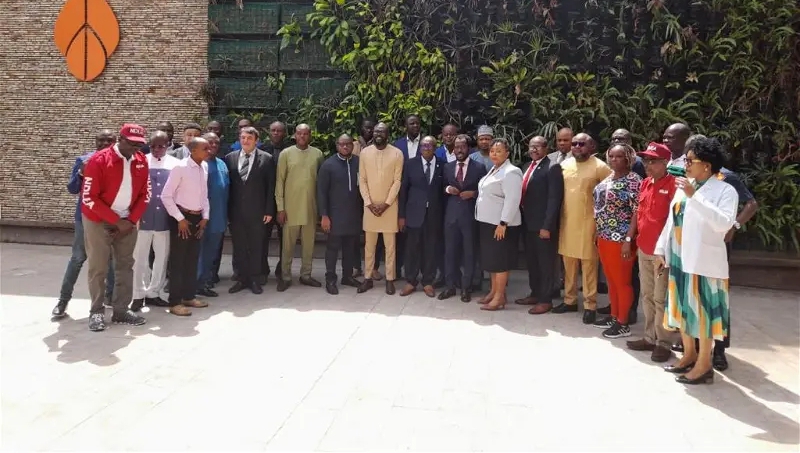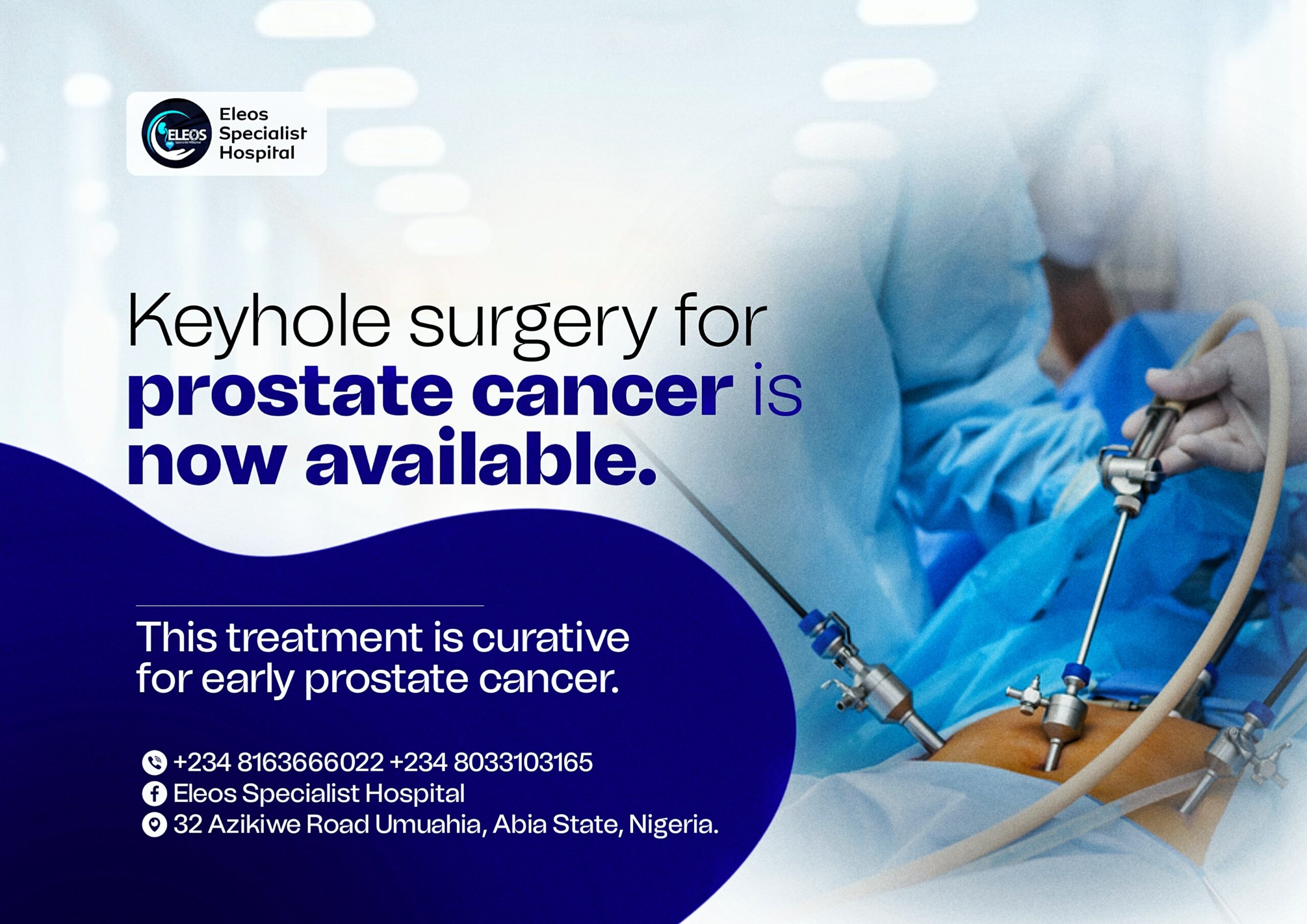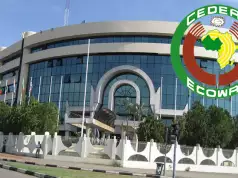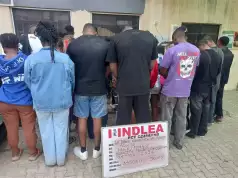Drug offenders in the West African sub-region are in for hard times as the National Drug Law Enforcement Agency, NDLEA, has conducted regional training for six West African countries on how to dismantle clandestine laboratories with a view to strengthening regional action against drug cartels.
The training, which took place in Abidjan, Côte D’Ivoire, from March 27 to 29, involving six other West African countries―Republic of Benin, Ghana, Sierra Leone, Liberia, The Gambia, Cote D’Ivoire and Nigeria―was part of an ECOWAS project known as “Organised Crime: West African Response to Trafficking” (OCWART), co-funded by the European Union (EU) and German Federal Foreign Office and executed primarily by Deutsche Gesellschaft für Internationale Zusammenarbeit (GIZ) and United Nations Office on Drugs and Crime, UNODC.
As the lead agency at the workshop, NDLEA drew from its experiential knowledge acquired from the dismantling of 21 clandestine laboratories found in Nigeria since 2011 to teach other West African countries the practical know-how of handling illicit laboratories.
A statement by Femi Babafemi, Director, Media and Advocacy said “a total of eight topical lectures, practicals and Q&A sessions were delivered in two days by a team of NDLEA facilitators that include Joseph Nbona Sunday (Director, Prosecutions and Legal Services); Margaret Ogundipe (Director, Forensic and Chemical Monitoring); Adebowale Rahman (Digital Intelligence specialist); Anebi Ajilima (Forensic and crime lab expert) and Felix Tagbo (Operation specialist).
The first two days of the workshop dwelt on various perspectives on the subject matter, including the anatomy of a clandestine laboratory, basic clandestine lab investigation techniques, intelligence gathering, operations safety and guidelines for dismantling clandestine laboratories, clean-up and decontamination of illicit labs and sites, basics of controlled delivery and prosecuting cases of clandestine laboratories.
The workshop was wrapped up on the third day with a practical exercise on the dismantling of a mock clandestine laboratory at the Abidjan Police Academy, which the Nigerian contingent set up and the participants, divided into teams, took turns to dismantle and decontaminate.
The workshop’s seven participating countries sent in representatives from relevant organisations, including Ghana’s Narcotics Control Commission; Sierra Leone’ Serious Organised Crime and Counter Terrorism Coordination Directorate; Drug Law Enforcement Agency of the Gambia (DLEAG); Transnational Crime Unit of Liberia and the INTERPOL.
The Republic of Benin was represented by the Organised Crime Fighting Unit (CELCO), Customs and Narcotics Office (OCERTID), while the host, Côte D’Ivoire, had representatives from Narcotics Squad from Judicial Police (DPSD), Customs, National Gendarmerie, Transnational Crime Unit (TCU), Forensic Police Laboratory and Joint Airport Interdiction Task Force (JAITF).
At the opening ceremony, UNODC Country Representative and its Senior Adviser, Law Enforcement, West and East Africa, Ishaqu Suman Toure, described the latitude of the workshop thus: “It is both enforcement and judicial capacity building.
“The project offers technical and equipment support, as well as facilitates discussion of joint operations among member countries.”
Toure, who further said, “we need regional cooperation to disrupt the transnational criminal organisations’ network,” noted that the South-South cooperation that exists among ECOWAS member states since 2014 has helped to disrupt transnational criminal activities over the years.
Similarly, Mr Kouma Yao Ronsard, Secretary General of the Inter-ministerial Committee for the Fight against Drugs, who represented the Minister of Interior and Security for Côte d’Ivoire, General Vagondo Diomande, noted:
“This workshop will ensure that law enforcement agencies across the region are equipped with the modern knowledge and equipment to fight transnational organised crime.”
He also underscored the need for cooperation among law enforcement agencies in West Africa.
“We need cooperation, especially bilateral cooperation. The new law in Cote D’Ivoire gave it the power to cooperate with states in the fight against drug and human trafficking.
“We need cooperation to break this chain. Cote D’Ivoire has cooperation with Nigeria. No one country can say, “there is no drug in my country,” the reality is, we haven’t seen them and or don’t know yet of the techniques of the criminals.”
Dr. Amado de Andrés, UNODC Regional Representative for West and Central Africa, in his speech before presenting certificates to the participants, said:
“All countries in the West Africa region need to cooperate. And we need Nigeria more in the participation of conventions against organised crime.”
He said the purpose of bringing all the countries together is to break the language barrier.
“In the next five years, we will have to work together, so that your combined expertise can be used to train other regions of the world. We are trying to foster South-South cooperation in a way to make it effective as to strengthen security and entrench stability in the region”, he told the participants











